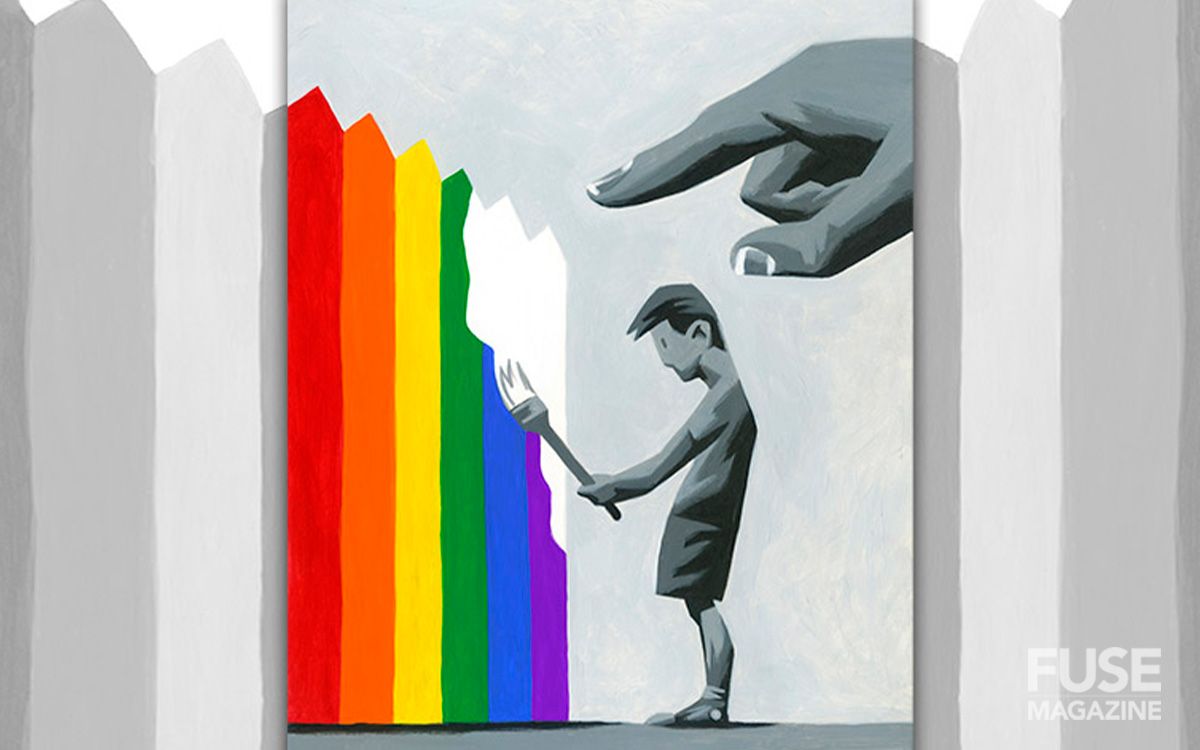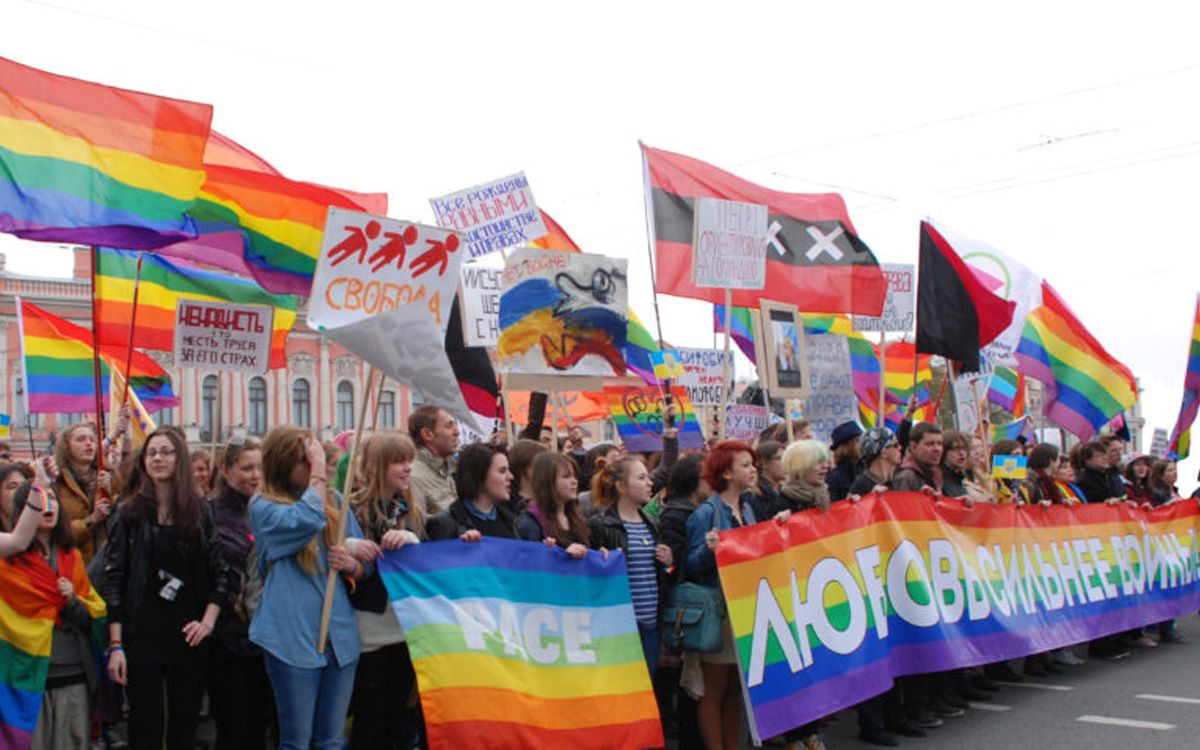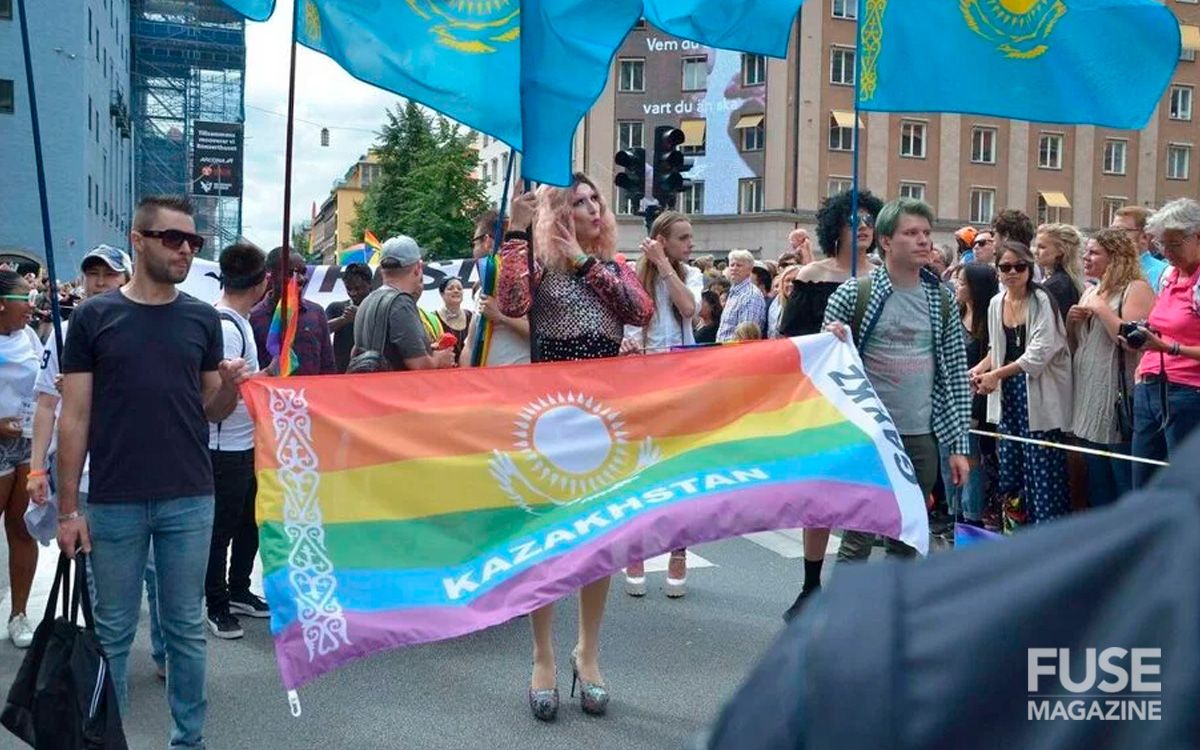Georgian parliament proceeds with anti-LGBTIQ legislation

The legislation, proposed by the ruling Georgian Dream Party, includes prohibitions on the "propaganda" of same-sex relationships and gender reassignment surgery. If passed, these measures would also outlaw Pride events and public displays of the LGBT rainbow flag. The bills received majority support; however, they must still pass two more readings before becoming law.
Parliamentary speaker Shalva Papuashvili announced that the second and third readings would occur during the autumn parliamentary session, just before the general election scheduled for October 26.
Papuashvili justified the bills as necessary to curb "LGBTIQ propaganda," which he claimed was "altering traditional relations." The proposed legislation would also prevent non-heterosexual individuals from adopting children and prohibit changes to gender on identification documents. Additionally, public gatherings promoting pride and same-sex relationships would be banned.
Giorgi Tabagari, the founder of Tbilisi Pride expressed grave concerns about the bills, stating they would render life "unbearable" for LGBTIQ individuals in Georgia, saying;
"The future for queer people in Georgia looks rather gloomy if the anti-LGBT bills are adopted"
The vote comes during a period of political tension in Georgia, marked by recent massive protests against a "foreign agents" bill that was signed into law earlier in the month. The proposed anti-LGBT measures are likely to exacerbate concerns from the European Union and the United States regarding Georgia's political trajectory. Both entities had previously criticized the foreign agent law, viewing it as repressive and inspired by Russia.
Last week, the European Union's ambassador to Georgia indicated that the country's process of joining the EU had been effectively stalled by the controversial legislation.
Georgia, traditionally pro-Western since its independence following the Soviet Union's collapse in 1991, has been seeking to restore ties with Russia, a country that has similarly imposed stringent curbs on queer rights.
The Georgian government defended the foreign agent law, arguing it was necessary to combat "pseudo-liberal" values imposed by foreign influences and to uphold Georgian sovereignty.
Opposition parties, many of which have been boycotting parliament, criticized the anti-LGBT bills as an attempt by Georgian Dream to appeal to conservative voters ahead of the autumn elections.








